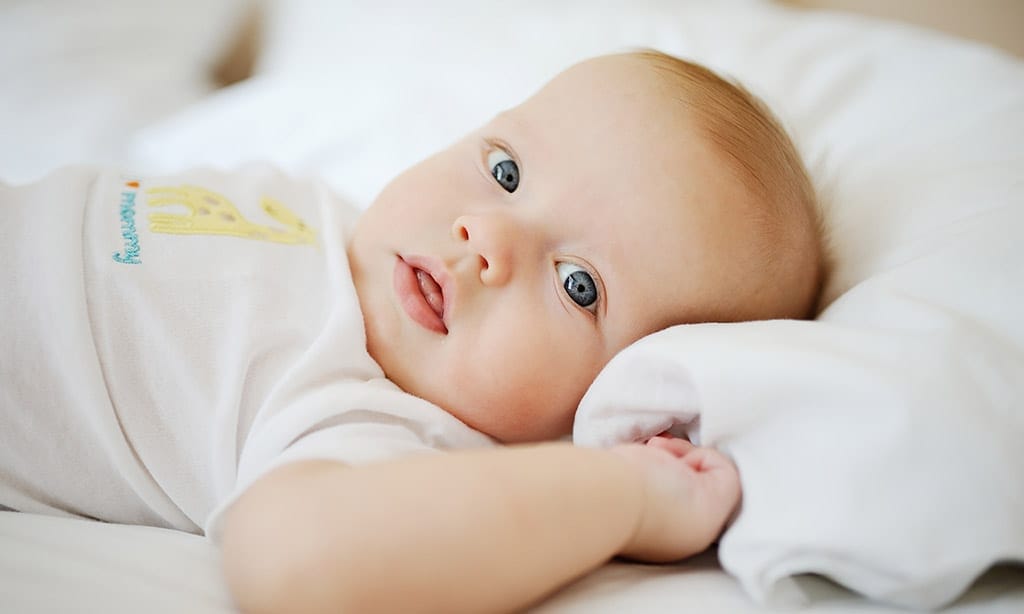Pregnancy, birth and parenting are hot topics now more than ever. The thirst for information and knowledge means that the pregnant woman and in fact her whole family, are often seeking the facts on a range of topics over nearly a two year period – just prior to falling pregnant, during pregnancy and for the first year of babies life. The internet is a popular source of the facts, but without human contact it can be extremely difficult to put the information you need into the context of your own experience. At the other end of the spectrum, generic antenatal classes often leave parents to be feeling like they want to pull the teeth out of their own heads. These issues have lead many health professionals in this area seeking a better way to provide care.
What constitutes antenatal education?
Traditionally antenatal education takes place over a weekend or over several week nights and they scratch the surface providing basic information about the end of pregnancy, how labour starts and progresses, what to do in hospital, a few interventions and complications and birth itself. They are great for partners and other support people to gather the basics, to link in to the pregnancy journey and to get a few very basic skills. However they are insufficient to really prepare the woman for all possibilities and to allow her to develop skills that are needed for birth.
How midwives can help
Recently midwives have started to look for more engaging ways to provide education. Significantly more options in classes are developing and include the options to develop skills and knowledge about labour. The rise of hypnobirthing due to Princess Kate’s use of this method in her births has been an interesting phenomenon. This method encourages women to relax deeply in labour using a range of different triggers and techniques. It is not something women can simply adopt – they need to practice – however it is very successful particularly in assisting women to deal with fear of labour. The sessions are attended by the woman and her support team to ensure that the whole team is prepared and understands the way hypnobirthing works.
Types of antenatal education
Other ideas include different group sessions that run throughout pregnancy and may or may not be combined with antenatal visits. These sessions focus on the emotional and physical aspects of labour and effectively teach women about their bodies and what assists their baby to be born. The majority of these classes are run for women rather than couples. Many midwives offer a range of sessions that focus on activity, and both physically and mentally prepare women for birth.
Breastfeeding education also has increased in popularity over recent years. Women have less of an opportunity to understand what is normal in breastfeeding than they did in the past with smaller family sizes and less close exposure to women who are breastfeeding than when we had more contact with larger extended families. Many aspects of breastfeeding are taught and learnt and whilst it is a natural process, it is something that women need to work at.
Last but not least the support of women after baby is potentially the most important part of the education process. This is less formal and more orientated to women learning from each other with various options of peer support. It is critical that women find a “mothers group” or place where they can learn from one another.
Whilst it is quick and easy to read a book and learn on line through research, education about pregnancy birth and parenting needs the human touch. Making sure that there are options available from your care provider is important and if this is a gap in your care providers services it is important to seek out alternatives. One of the most important sayings is that ‘if you don’t know your choices, you don’t have any’ and therefore it is critical that you get information.
Liz Wilkes is the Managing Director of My Midwives and has had 20 years’ experience as a midwife. She is Adjunct Associate Professor at Griffith University and the midwife expert for the national Pregnancy, Babies and Children’s Expo.

